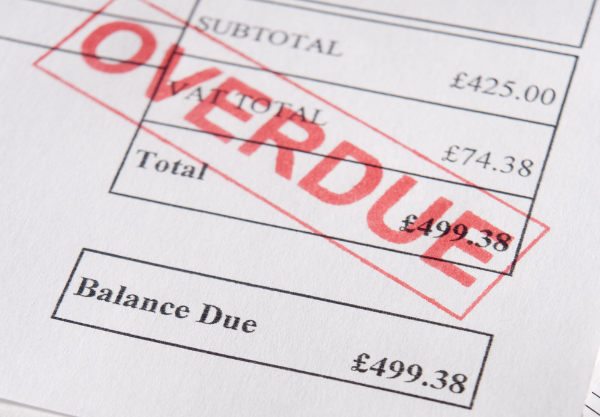Financial Challenges Plague Small UK Businesses as Overdue Invoices Skyrocket
A recent survey by Capital on Tap has shed light on the struggles faced by small businesses in the UK, with a mere 1% managing to escape the clutches of overdue invoices. Late payments have surged, reaching an alarming £7.4 billion on average, impacting various sectors differently. The top culprits? Finance providers lead the pack, according to the findings reported by London Loves Business.
In a comprehensive study involving more than 250 small business owners, respondents shared insights into how often they're chasing unpaid invoices, how much money they are owed, and identified industries notorious for late payments.
Capital on Tap's UK Managing Director has offered valuable advice for effectively managing overdue invoices.
The financial ramifications of delayed payments are significant, with UK businesses collectively awaiting £7.4 billion tied up in overdue invoices. However, the study reveals considerable variations in the impact across different sectors.
Retailers bear the brunt, facing an average of £1,532 in unpaid invoices, followed by the electrical services sector at £1,501 and the industrial equipment sector at £1,451. In contrast, small businesses in property management and development report the least financial impact, with £1,032, though still a substantial amount.
On average, businesses in the UK spend a noteworthy eight instances per month chasing overdue invoices. The education sector leads in the time spent pursuing late payments, with businesses having to follow up approximately 11 times monthly. The home furnishing industry ranks second, with business owners chasing delayed payments 10 times a month, on average. The healthcare, electrical services, and consulting sectors share the third position, each requiring businesses to chase unpaid invoices about nine times per month.
Notably, the restaurant and food industry faces the least impact, with a mere four follow-ups per month.
Finance providers emerge as the primary culprits in delayed payments, with 51% of all invoices paid late in this industry. Following closely are the building and development (51%) and equipment leasing (50%) industries.
In terms of prompt payment, businesses in the publishing industry and food retail sector stand out, yet 41% of invoices in these sectors still experience delays.
Offering advice on dealing with unpaid invoices, the UK Managing Director at Capital on Tap emphasises the importance of proactive communication. Sending an initial email to inquire about payment, followed by a phone call if necessary, is recommended. If issues persist, escalation is advised, including warnings about potential supply cessation and applying late fees or interest as outlined in payment terms. Seeking professional advice from local business support, trade unions, or legal professionals is suggested as a final recourse.
The Managing Director also underscores the responsibility of business owners to ensure timely payments on their end. For those grappling with cash flow issues due to late payments, leveraging a business credit card is recommended as a helpful tool.
What options are available for overdue invoices?
There are solutions available if your small business is battling with unpaid invoices. Routes such as invoice finance or a professional debt recovery firm are options you may want to consider. Here at The Directors Choice, we can help you understand the solutions available, allowing you to determine which is most suitable for your business, and assist you with achieving the cashflow boost your business needs.
Article by Business News Wales
Join Our FREE Business Owners Hub
Get access to our latest blogs, PDF downloads and updates.


